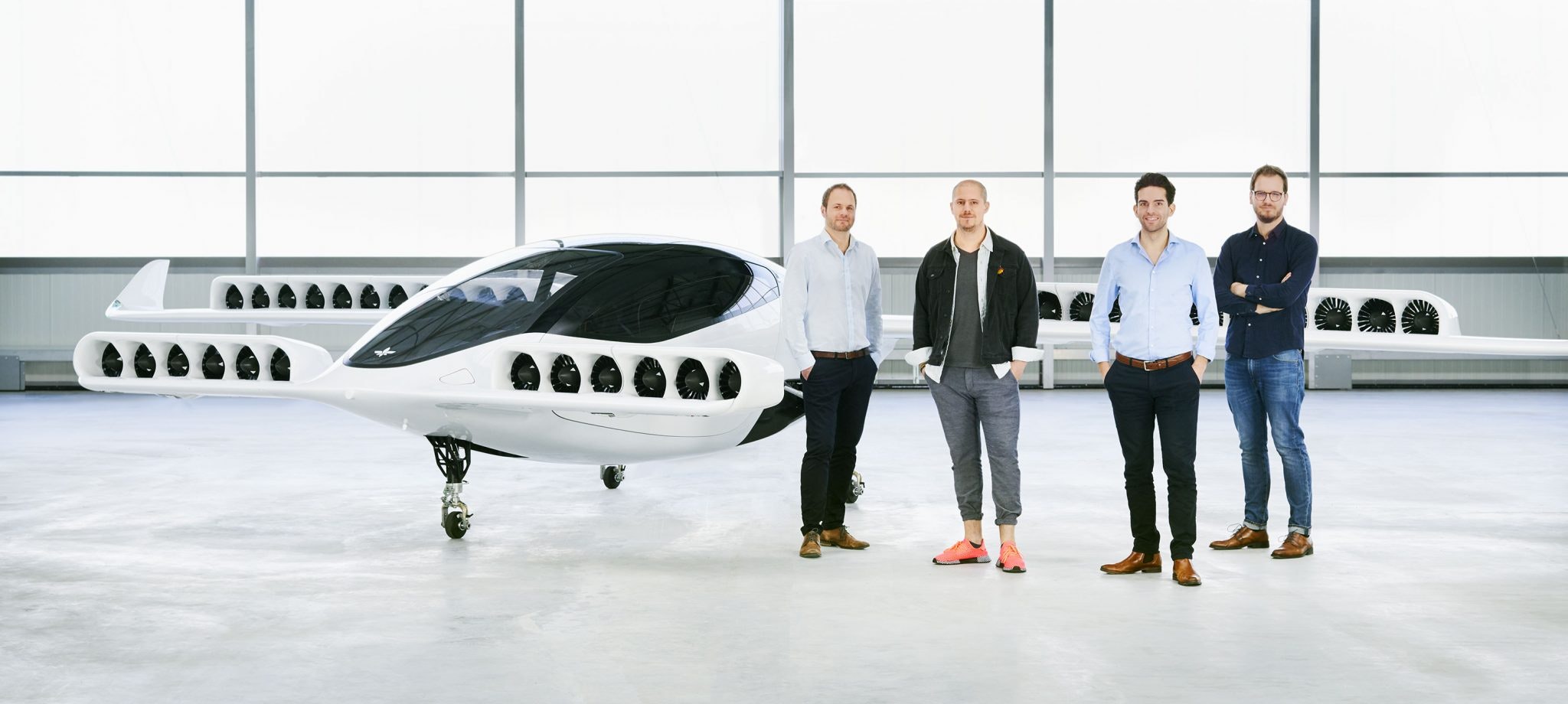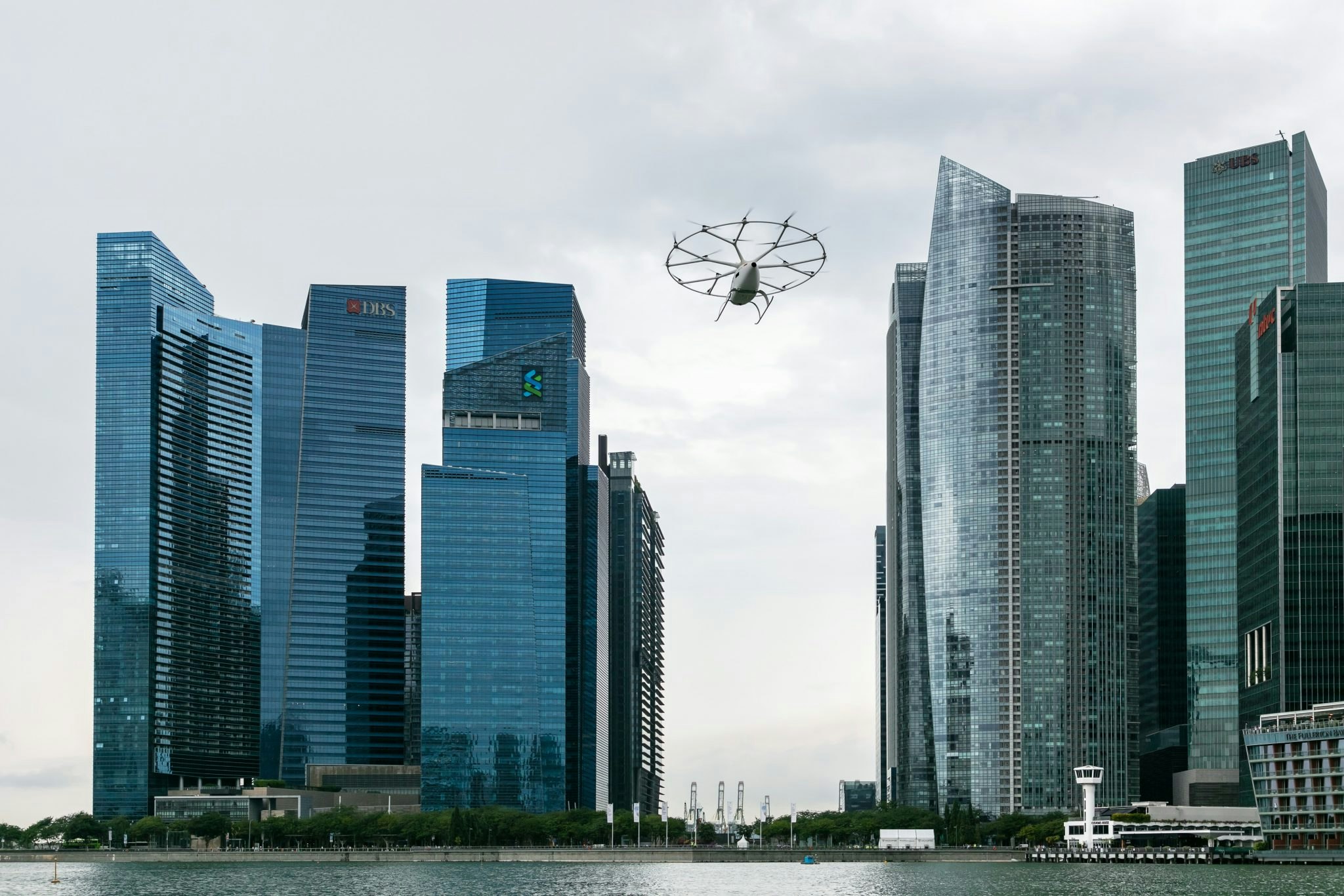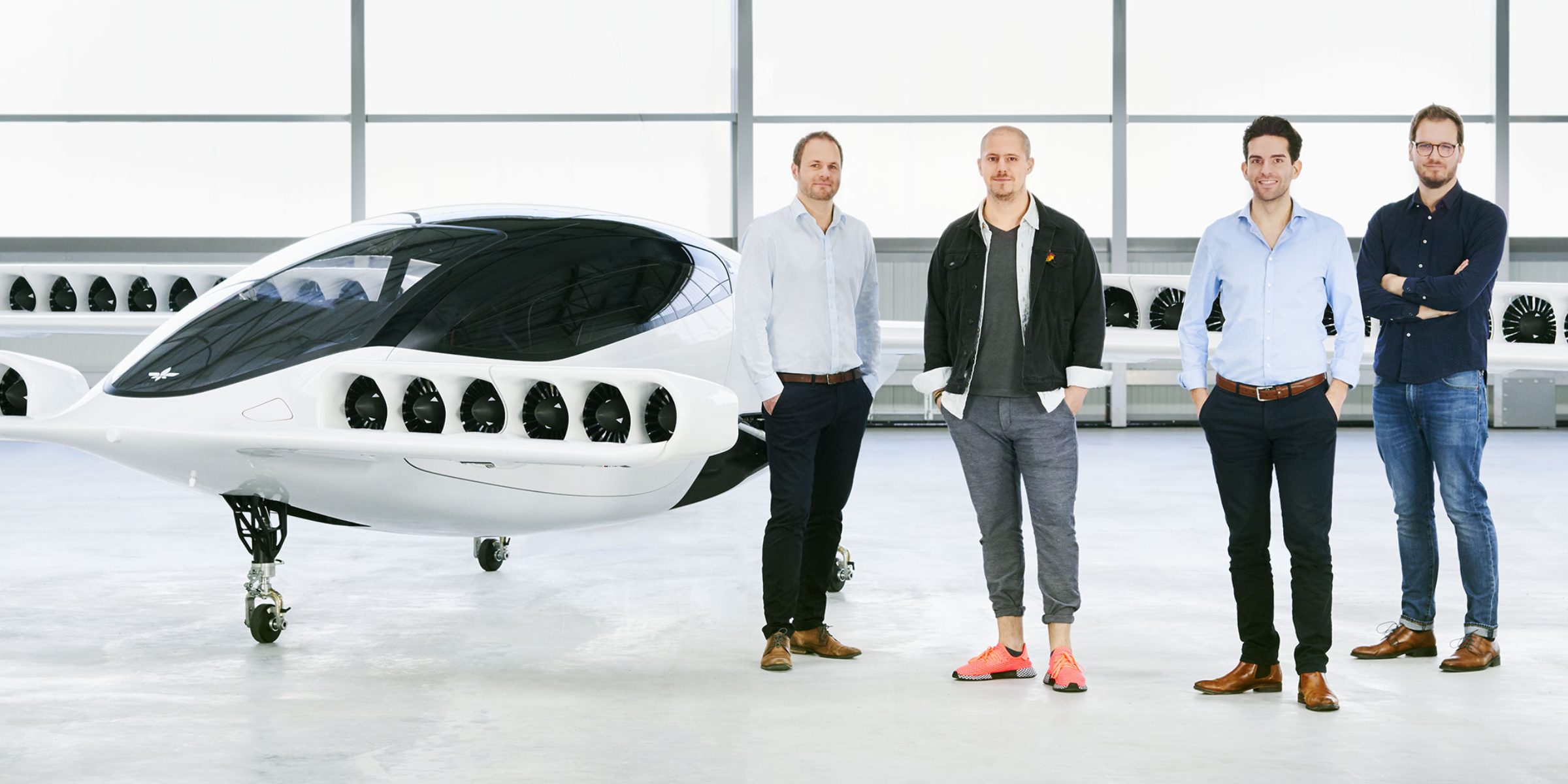Lilium, the Munich-based electric flying taxi company, has announced its first US hub outside Florida’s busiest airport, Orlando, and says it expects to start operating flights from there by 2025.
The vertiport will be located at Lake Nona, the futurist smart city that is being built near Orlando International Airport by Tavistock Development Group, the real estate company owned by British billionaire Joe Lewis. The development has invited in a variety of technologies, including autonomous vehicles operated by Beep.
Buddy Dyer, mayor of Orlando, said the idea was to turn the central Florida city into an “airtropolis” or flight hub. People could fly into Orlando airport on foreign or domestic flights and then take a Lilium electric vertical takeoff and landing jet to complete the onward journey to other cities in Florida. A Lilium jet should be able to fly 300km in an hour, putting Florida’s other main cities in easy reach.
The deal with Orlando comes just two months after Lilium announced deals in Germany with Cologne and Dusseldorf airports, a sign that it is making progress in building a network of hubs to fly from. There were “multiple active conversations” with other cities in Florida to build further vertiports, said Remo Gerber, Lilium’s chief operating officer.
Many city authorities have become interested in electric aircraft as a regional transport solution. New rail services and highways are big infrastructure projects that can cost billions of dollars, whereas a handful of vertiports can be built for a fraction of that. Because they take off and land vertically, aircraft like Lilium’s should be able to operate from city-centre locations like helicopters, but with less noise — plus, being electric-powered, they can tick the “green transport” box for cities.
Last month Volocopter, another German flying taxi startup, announced that it would start to test flights near Paris next year.
Of course, the flying taxis, which can transport four passengers and a pilot, won’t really be a mass transport option. Prices are likely to be fairly steep to begin with, comparable to the price of a ticket on a domestic flight or a first-class railway ticket, said Gerber.
But over time, he said, the aim would be to bring prices down to where they were similar to a ride in an Uber or the cost of driving your own car. Just much faster.
Lilium’s philosophy has airways been to make the flying taxi services an affordable transport option, available to the mass market. In time, the plan would be to operate the flying taxis without pilots, which would help bring down the costs. Volocopter has said that autonomous flights might be possible as early as 2031.
Of course, none of these urban air mobility solutions has yet received regulatory approval, but Gerber said he was still confident that certifications could come by the end of 2024.


